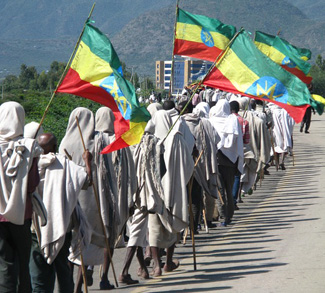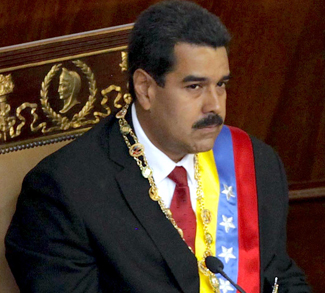Summary
Regional powerhouse Ethiopia announced on 28 March that it is extending its state of emergency by another four months, citing warnings from top officials of continued unrest in Africa’s second most populated country. The East African country, which is ruled by a coalition of parties who together form the Ethiopian People’s Revolutionary Democratic Front (EPRDF), is dominated by political leaders from the minority Tigrayan community. Yet ethnic Tigrayans make up just 6% of Ethiopia’s population while the country’s largest ethnic group, the Oromo people, are severely under-represented in the country’s power structures. This disparity has produced political tensions during the long tenure of the EPRDF – tensions that are only growing now that the ruling party is moving to solidify its grip on power.
The Oromo have been in a state of unrest since late 2015. At issue is the group’s economic marginalization and perceived attempts to confiscate their land for development, particularly around the capital of Addis Ababa. The situation escalated after police arrived to disperse protests at the 2016 Irreecha cultural festival and fired tear gas. The operation sparked a stampede which left at least fifty people dead. Anti-government unrest has also been reported in the northern Amhara areas, home to Ethiopia’s second-largest ethnic community. The Amhara have historically been identified with many of Ethiopia’s rulers, including the deposed former president Mengistu Haile Mariam and the last (ethnically mixed) Emperor Haile Selassie. But the community today feels marginalized by the dominance of the Tigrayans; in turn, the ruling coalition has opted for repression rather than compromise when it comes to meeting either communities’ demands for greater political, economic, and human rights.
Background
Contested electoral legitimacy. Observers have raised concerns about the legitimacy of the 2005 and 2010 elections, whose results the opposition has widely contested. In both elections, the ruling EPRDF, which has been in power since 1991 when its members succeeded in deposing the communist military junta known as the Derg, claimed to have won the polls. But the 2010 election in particular is seen as having re-established the trappings of a one-party state in Ethiopia. The present situation is particularly sensitive for the ruling coalition because the Oromo make up between 35-40% of Ethiopia’s population while the Amhara are another 27%.




